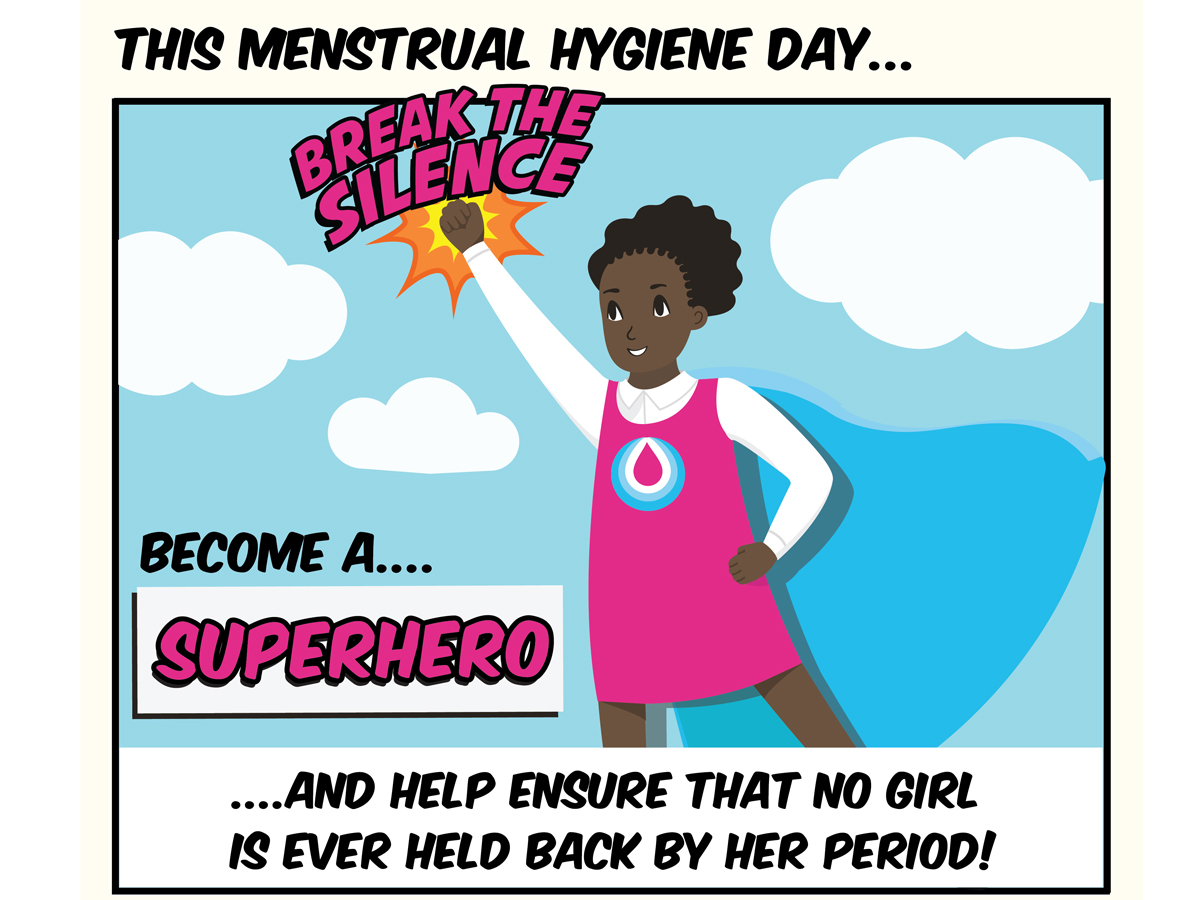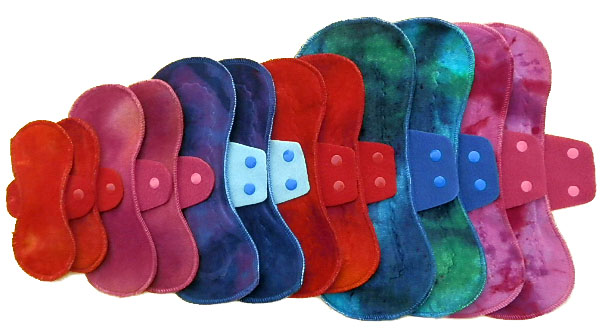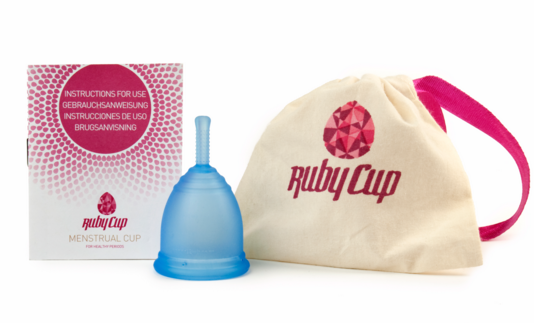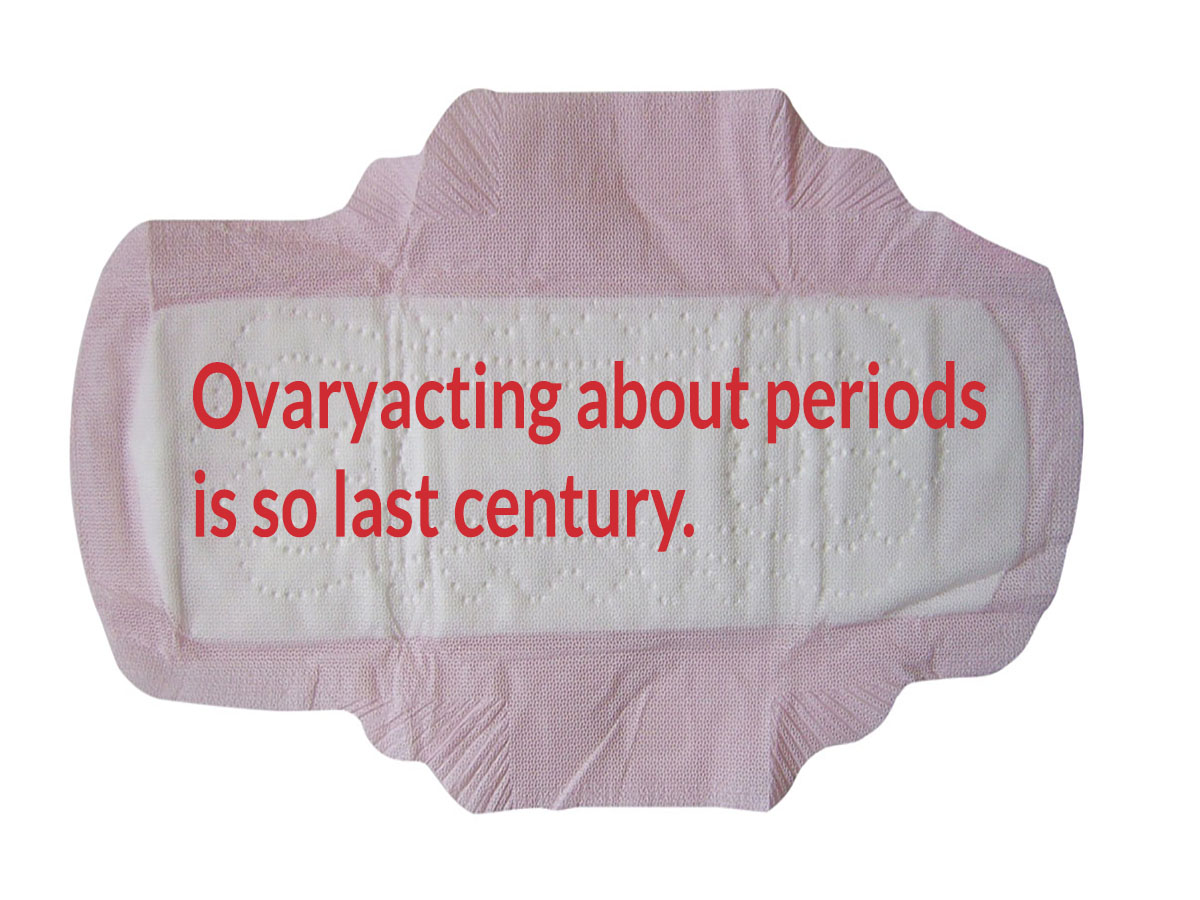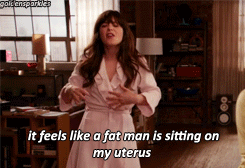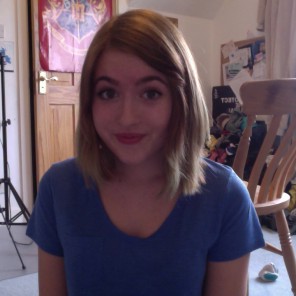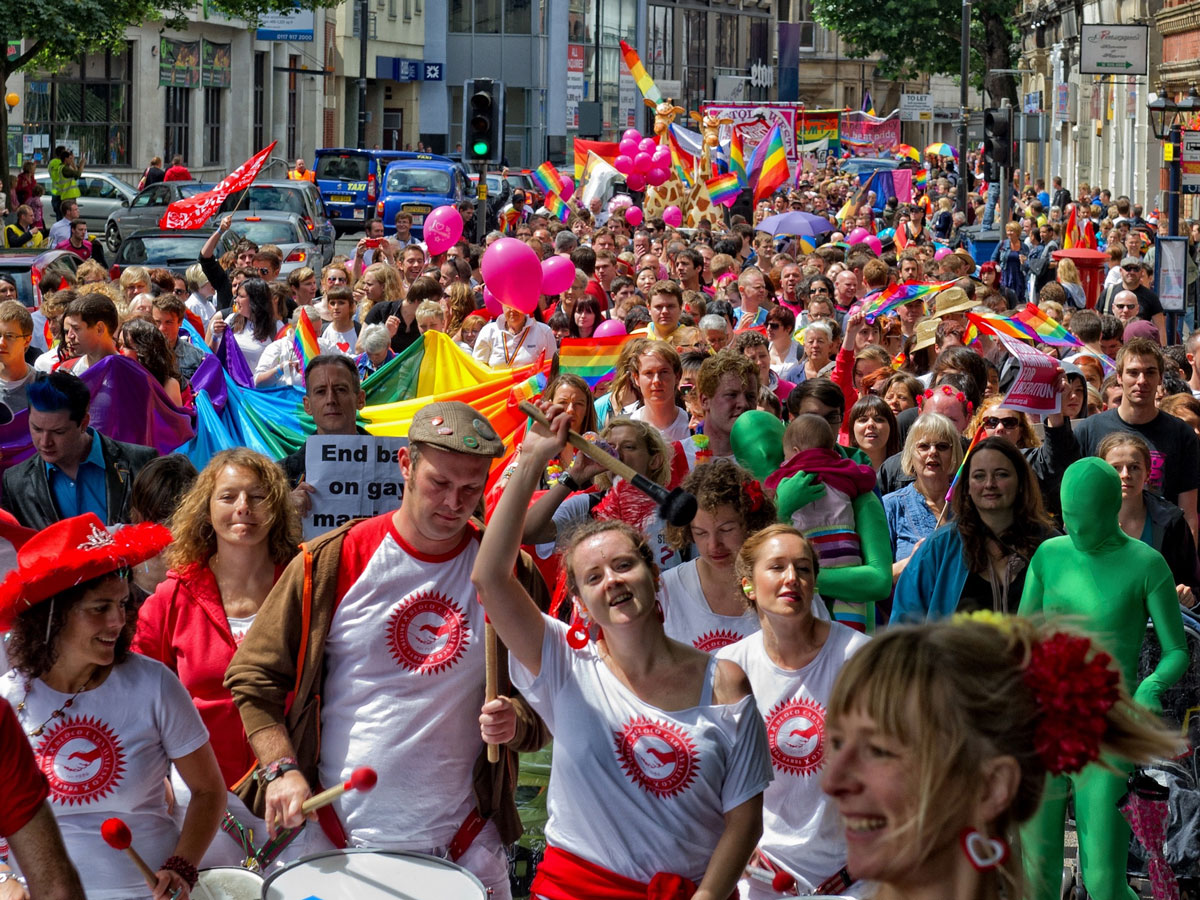International Menstrual Hygiene Day: Don’t Tampon Our Spirits
Sophie Setter Jerome talks menstrual hygiene, because it’s not secret women have periods. So why aren’t we talking about it?
…it’s supposedly a private, secret problem that just needs to be ‘dealt with’…
The 28th of May marks International Menstrual Hygiene Day, a day designed to get us to talk about periods, everyone’s favourite dinner time conversation piece.
In the UK we think of ourselves as pretty liberal, but there are still taboos around periods that stop us talking about what could be better, to the detriment of people who menstruate. We don’t get to have the conversation about what is and isn’t working, because it’s supposedly a private, secret problem that just needs to be ‘dealt with’. But doesn’t it seem like a shame to treat something that half of us will be dealing with for a good chunk of our lives as a simple inconvenience or a shameful secret?
Our current mainstream approach to periods isn’t working as well as companies might like us to think, and only talking about it can make it better. Over the course of a lifetime, a person who menstruates will spend £3,500 on tampons and pads. That’s a lot of money. Imagine if you just dropped three grand on cotton wool buds one day. People would think that’s unreasonable, yet here we are.
This money then becomes up to 150kg of landfill waste. Each disposable pad has the equivalent of four plastic bags within it. Menstrual waste is so substantial, yet it’s not a chat many people want to have, especially when these products are being marketed as the only option.
…a person who menstruates will spend £3,500 on tampons and pads…
Harm to the environment is has been talked about before, but there’s also the harm that disposable tampons and pads do to our bodies.
Next time you pick up a box of tampons, look for an ingredient list. You will quickly notice that there isn’t one. In fact, tampons are completely unregulated. That’s right, there is no guidance on what can and can’t go in a tampon, and companies don’t have to tell us what exactly we’re about to insert into our vagina. That bright-white colour we all recognise comes from chlorine bleach, which is used simply because it’s really cheap. For context, organic tampons opt to use hydrogen peroxide, which is proven to leave behind less carcinogenic residue. Your vagina is extremely absorbent and exposing it to these chemicals doesn’t do it any favours. All that plastic in pads creates a similar problem: it’s linked to disrupting the bacteria in your vagina and generally creating conditions for a very unhappy situation down there.
This is clearly far from an ideal situation, but periods are one of those certainties of life that equate to a goldmine for companies that corner the market. That’s why most of us don’t question these problems, after all, is there any other option? Well, actually, yes.
Your vagina is extremely absorbent and exposing it to these chemicals doesn’t do it any favours.
First off there’s the menstrual cup. This is essentially a tampon, if tampons lasted for 10 years, were cup-shaped and were made from medical grade silicon. There’s no risk of toxic shock syndrome with these. You take it out when it’s full, which, let’s be real, is anyone’s guess but at least you don’t have to throw it away because of an ill-timed removal. These are a change from the products we’re used to: they need you to get more up close and personal with your period, which can be a little alarming. Especially when we’re told that periods are ‘gross’, it’s hard to shake the feeling that there’s something inherently dirty about them. Honestly though, getting to know your ‘flow’ can be pretty great. It feels so much less hastily done and messy than tampons: no wrappers, no applicators. Being that bit more comfortable with my body and its quirks makes me feel more confident. Empowered is a word that gets thrown around a lot, but I think it applies here. Also, they come in different colours which is super adorable, and because you have them so long, them become a comforting fixture. Mine feels like an old friend now.
We all deserve to know what’s going in our bodies…
The other option is reusable pads. These are a washable, fabric version of the sanitary towels most of us are more used to. Again these can seem a little intimidating: nappy-esque and bringing to mind images of Tudor ladies scrubbing rags. But these little pads last five years, and their organic cotton cover is vagina-friendly (and very cosy in the cold winter months). They can be machine-washed and there’s no chance of plastic getting stuck to your pubes; we’ve all been there.
We all deserve to know what’s going in our bodies, and to see the full range of options available to us, not have our choices dictated by profits. There should be open and honest education on all of these possibilities. That’s why No More Taboo, a Bristol-based project dedicated to eradicating menstrual shame, is hosting a ‘period party’ to celebrate International Menstrual Hygiene Day this month. Come along to get an up-close look at these mysterious products: it’s 10% off for students, and I can confirm that there will be cake and feminist vibes.
Thank you for joining me in this journey to find sustainable menstrual alternatives, and discover how many times I can say ‘vagina’ in one article. I hope we’ve all learned something.
Here’s a link to the Period Party Facebook event
What do you think? Should tampons be free? Untaxed? Taxed? More expensive? Let the conversation flow: Facebook or Twitter

